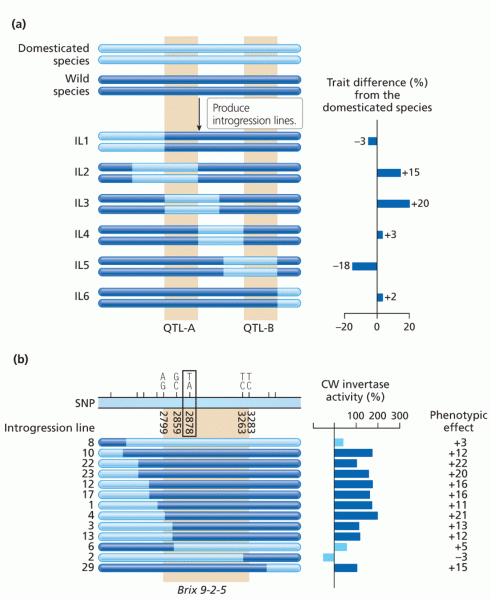|
|
|
Complications of influenza include: bacterial pneumonia, ear and sinus infections, dehydration, and worsening of chronic conditions such as asthma, congestive heart failure, or diabetes.
Most strokes are caused when blood clots move to a blood vessel in the brain and block blood flow to that area. Thrombolytic therapy can be used to dissolve the clot quickly. If given within 3 hours of the first stroke symptoms, this therapy can help limit stroke damage and disability.
This year, an estimated 1.4 million Americans will have a new or recurrent heart attack.
Bacteria have flourished on the earth for over three billion years. They were the first life forms on the planet.
The most dangerous mercury compound, dimethyl mercury, is so toxic that even a few microliters spilled on the skin can cause death. Mercury has been shown to accumulate in higher amounts in the following types of fish than other types: swordfish, shark, mackerel, tilefish, crab, and tuna.
 In addition to common schools, thousands of female seminaries were built between 1820 and 1850, many
In addition to common schools, thousands of female seminaries were built between 1820 and 1850, many
 Dred Scott and his wife and children are featured on the cover of Frank Leslie’s Illustrated Newspap
Dred Scott and his wife and children are featured on the cover of Frank Leslie’s Illustrated Newspap
 With all vacuum lines and the intake tube removed, the valve cover can be removed after removing all ...
With all vacuum lines and the intake tube removed, the valve cover can be removed after removing all ...




